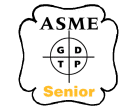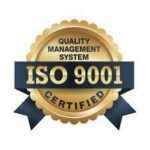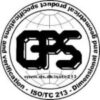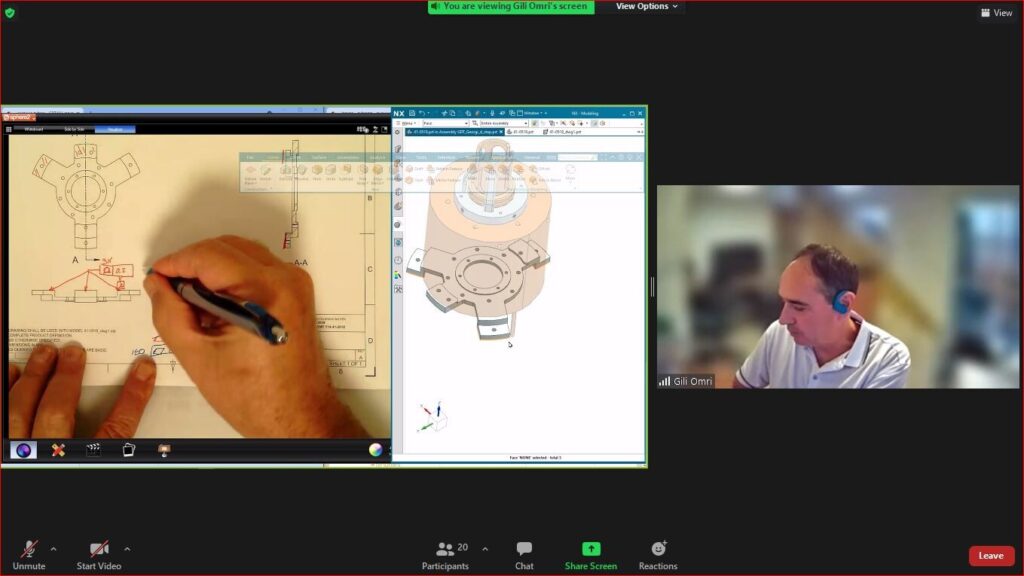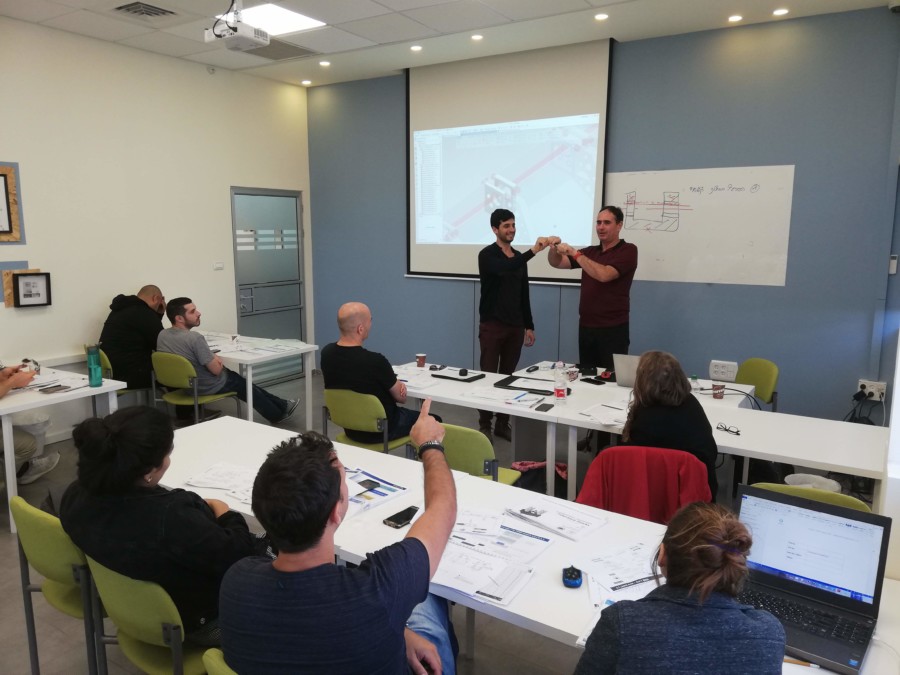For Design, Production and QA Engineers
To schedule GD&T/GPS Online training for your team
Contact Us
About the Course
ASME GD&T (Geometric, Dimensioning and Tolerancing) and ISO-GPS (Geometric Product Specifications) are the tools to mitigate Fit & Function risks of mechanical parts.
Course focuses on useability of the Geometric tolerancing standards , introducing a straightforward, practical approach & workflow to write and interpret geometric product limits aligned to design intent with clear unambiguous variation.
The course covers
Datum systems: datum feature precedence, datum feature variation limits.
Location specifications: Position, Coaxiality, Symmetry, Runout, Total Runout, Surface Profile & line Profile.
Orientation specifications: Angularity, Perpendicularity, Parallelism.
Form specifications: Flatness, Straightness, Cylindricity, Circularity.
Application of Material Modifiers to mitigate risk of scraping functional parts.
Feature Groups and Patterns: Tool selection to best control variation (Position, Profile).
Course Outline
Five online meetings between 09:00-13:00 Eastern Time (GMT-04:00)
Course and exercises are based on practical examples, presubmitted participant’s models and drawings may be also embedded in the course.
Target Audience
The course is targeted for mechanical designers production engineers and quality assurance personnel.
Course Instructor
Course developer and instructor, Gili Omri is a seasoned R&D engineer with vast mechanical product development experience in Aerospace, Defence, Automotive, Medical devices and consumer products.
Mr. Omri is a certified senior ASME Y14.5. and a participating member and Technical expert of ISO\TC 213 commity.
Dimensional management Mentor, trainer & consultant.
Tolerance variation and accumulation expert.
Syllabus
Introduction:
Why are geometric variation limits (tolerances) needed
, ASME GD&T ISO GPS Standards
Terminology:
Feature
Feature Of Size
MMC \ LMC
Envelope
Size deviation & Fit system
The TES Method:
Map Functional requirements to Geometric specifications Workflow.
Datum Systems (Datum Referance Frames)
Datum Features selection
Material Conditions
Datum Targets
Form:
Flatnes (Integral, Derived)
Straightnes (Integral, Derived)
Circularity
Cylindricity
Orientation:
Angularity (Integral, Derived)
Perpendicularity (Integral, Derived)
Parallelism (Integral, Derived)
Runout
Total Runout
Circular Runout
Location
Position
Applicable modifiers (Material conditions, Projected)
Groups & Patterns
Coaxiality
Symmetry
Profile
Surface profile
Line Profile, directional specifications
Groups, Patterns
Profile as General Tolerance
ISO-GPS Vs. ASME GD&T Review
Fundamental Rules & Definitions
Similarities and Differences
Prerequisites:
- Practical engineering drawings experience


